For hotel owners and others operating in the hospitality industry, finding ways to stand out from rivals and appeal to potential customers is essential. One of the best ways to do this is to deliver more tailored, individual marketing messages. In this article, you will learn more about how to achieve this through personalization marketing and learn about how this concept can improve marketing efforts and revenue generation.
Understanding Personalization Marketing
Personalization marketing, sometimes known as one-to-one marketing, is a technique that delivers promotional content to users on a more personal or individual basis. This is usually achieved through data collection, analysis, and digital automation, with the ultimate goal being to provide marketing content that is more relevant to each user.
Video: Personalization marketing explained by Dell
This marketing content may be addressed personally to individual users but may also be targeted towards people who meet certain conditions. The data used for personalization marketing may be drawn from users’ browsing history, past interactions with the business, internal databases, or other sources.
Advantages of Personalization Marketing
Although personalization marketing can be more complicated, numerous advantages make it worthwhile. Chief among these advantages is that the content users see is more likely to be relevant to their tastes, interests, and circumstances, making it more likely to resonate.
This can help ensure marketing budgets are used more effectively, with less money wasted on low-probability promotional content. In addition, personalized content can allow those in the hospitality industry to improve the user experience and deliver superior consistency across channels. According to the Circumstances Under Which Consumers Expected Better Personalization Worldwide Survey by Statista, 73% of respondents indicated a need for more personalized digital services in 2023.
Table: Advantages & Examples of Personalization Marketing in the Hospitality Industry
| Aspect | Advantage | Example |
|---|---|---|
| Tailored Recommendations | Increases guest engagement and satisfaction by suggesting personalized activities, dining options, and services. Drives revenue through upsells and cross-sells of relevant offerings. |
A hotel suggests room upgrades and spa treatments to guests celebrating special occasions. A boutique hotel provides personalized dining recommendations to guests with dietary restrictions. |
| Personalized Offers | Boosts conversion rates by presenting guests with exclusive, targeted promotions. Increases direct bookings as tailored discounts and packages entice guests. |
A resort offers a personalized package for golf enthusiasts, including golf rounds and spa treatments. A chain of hotels provides returning business travelers with tailored corporate rates and perks. |
| One-to-One Communication | Resolves guest issues promptly, preventing negative reviews and promoting positive word-of-mouth. Encourages guest feedback and reviews, helping hotels continuously improve their services. |
A hotel uses real-time messaging to assist guests with check-in procedures and room preferences. A luxury hotel assigns a dedicated concierge to communicate directly with guests and fulfill their requests. |
5 Uses For Personalization Marketing in the Hospitality Industry
1. Personalized Email Marketing
One of the most effective ways for those operating in hospitality management to use personalization marketing is through carefully targeted email marketing campaigns. In particular, it is possible to address people by name and send emails to individuals who meet certain requirements, making the message more relevant and meaningful.
Targeted emails can also be sent to individuals at meaningful times. For example, a hotel or travel company might offer a discount via email to a former customer in the build-up to their birthday, which can help establish a more personal relationship with them while encouraging them to make a return visit.
2. Intelligent Product Recommendations
Another way that personalization marketing can be implemented within the hotel industry is to provide intelligent recommendations based on data gathered about users. This might mean targeting them with specific ads about hotels or hotel rooms that meet their preferences, but it can also be used during the booking process.
Imagine a customer booking process that makes recommendations as the customer progresses, potentially saving them time while also demonstrating knowledge about what they might be looking for. This can encourage customers to go through with a booking and convince them that a company understands them.
3. Social Media Marketing
According to the Number of Global Social Network Users Report by Statista, the number of people using social media networks is projected to be 6 billion in 2027. Social media is an excellent channel for hotel industry businesses to carry out personalization marketing because it is designed for personal interactions. Most social media sites now include advertising options to target specific demographics, while responses to comments can also be a form of marketing.
For instance, many brands use social media pages to respond to customers. The responses are completely personal, but when they go above and beyond the call of duty, or where humor is used effectively, there is the potential for those comments to go viral and provide positive promotion and press coverage for a business.
4. Retargeting Techniques
Social media sites and services like Google AdWords also offer those in the hospitality sector the opportunity to target paid online advertising to users who have previously interacted with their brand online. This interaction could be a previous visit to their website, a previous view of a specific hotel, or a previous ad click.
This might allow a hotel or resort to target an advert for a specific room to someone who has previously viewed it, serving as a reminder to them. From a marketing perspective, one of the big advantages of retargeting techniques is the ability to aim promotional messages toward users who have already shown some interest.
5. Personalized Hotel Services
Finally, personalization marketing can continue even when hotel guests arrive; personalized hotel services can be an example. For example, using smart hubs and other technology that allows guests to be addressed by name can help make a positive impression and can also target them with additional services.
Moreover, guests can be targeted personally through SMS messages, which can be used to make recommendations, suggest local tourist attractions, or encourage restaurant bookings. These text messages can be aimed carefully, based on age, gender, length of stay, and room type, to target specific messages to specific kinds of people.
Personalization Marketing in Hospitality Industry FAQs
Personalization marketing is one of the best ways for those in the hospitality industry to make their promotional content more relevant to potential customers, increasing its effectiveness. Furthermore, it can improve the overall customer experience and help build lasting customer loyalty.
Want to Learn More About Hospitality Marketing Strategies?
Marketing plays a crucial role in helping businesses to maximize bookings and revenue. It is the main way those in the hospitality industry can reach out to potential customers, conveying their unique selling proposition and brand values. In the following articles, you will find more essential marketing strategies to boost your revenue:
- The Latest Hotel Marketing Trends in the Hotel Industry
- Essential Hotel Marketing Strategies
- Social Media Marketing Tips to Promote Your Hotel
- The Most Important Online Distribution Channels for Hotels
- Tips to Manage Online Hotel Reviews
- Ways to Improve Customer Experience in the Hospitality Industry
- Hotel Advertisement; Effective Hotel Advertising Strategies
- Hotel App: Optimise Your Guest Communication & Experience
More Tips to Grow Your Business
Revfine.com is the leading knowledge platform for the hospitality and travel industry. Professionals use our insights, strategies, and actionable tips to get inspired, optimize revenue, innovate processes, and improve customer experience.Explore expert advice on management, marketing, revenue management, operations, software, and technology in our dedicated Hotel, Hospitality, and Travel & Tourism categories.
This article is written by:
Hi, I am Martijn Barten, founder of Revfine.com. With 20 years of experience in the hospitality industry, I specialize in optimizing revenue by combining revenue management with marketing strategies. I have successfully developed, implemented, and managed revenue management and marketing strategies for individual properties and multi-property portfolios.

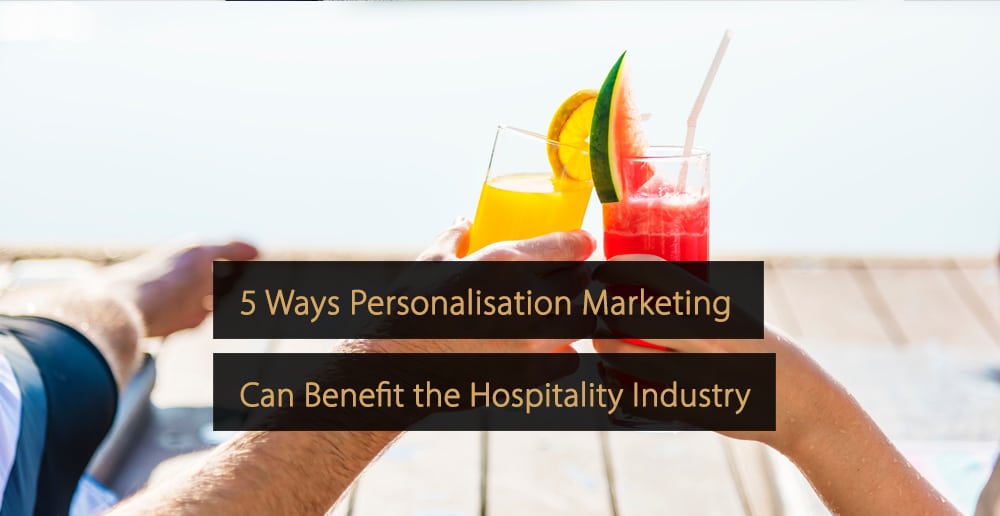
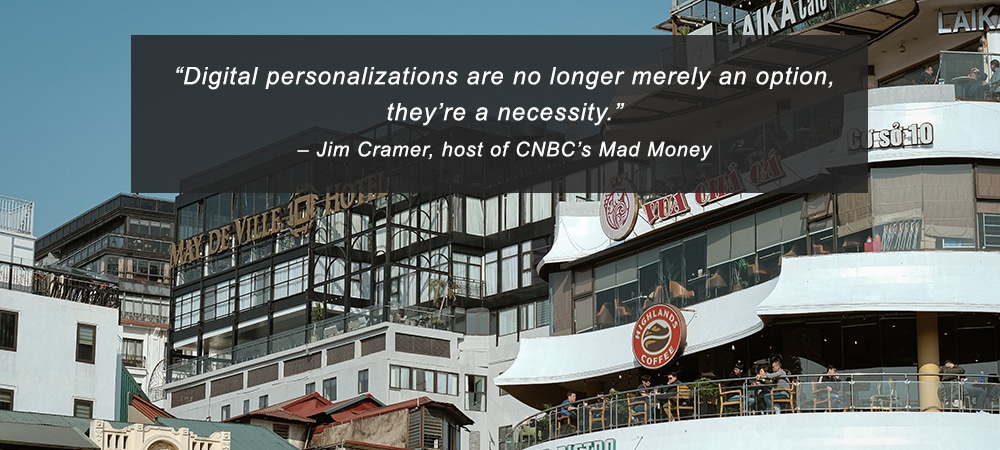
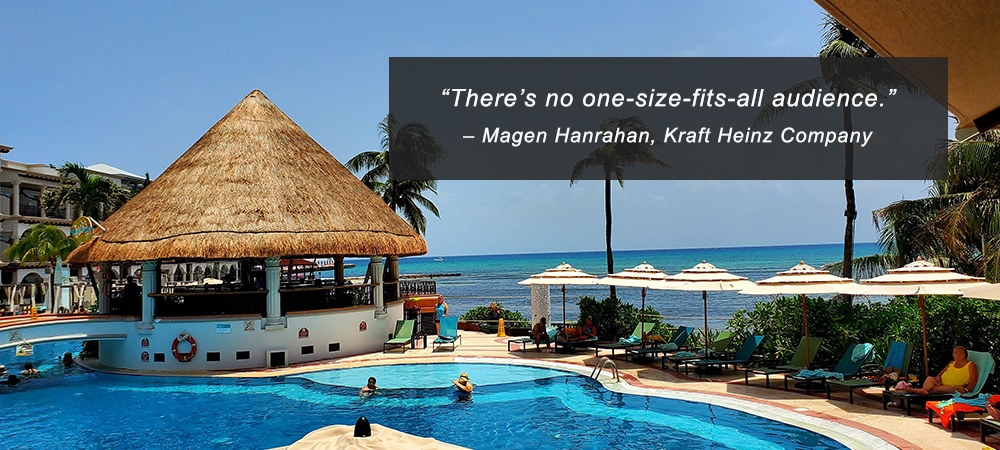

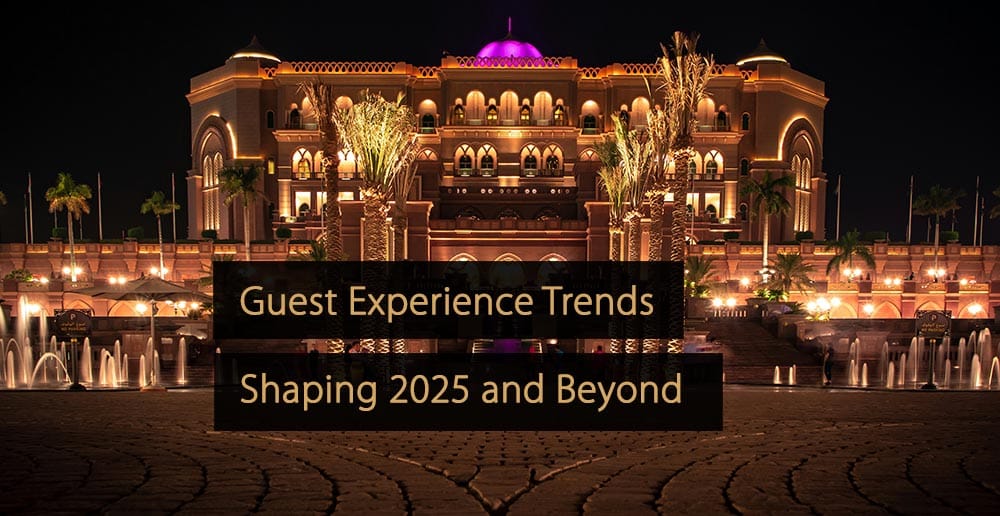
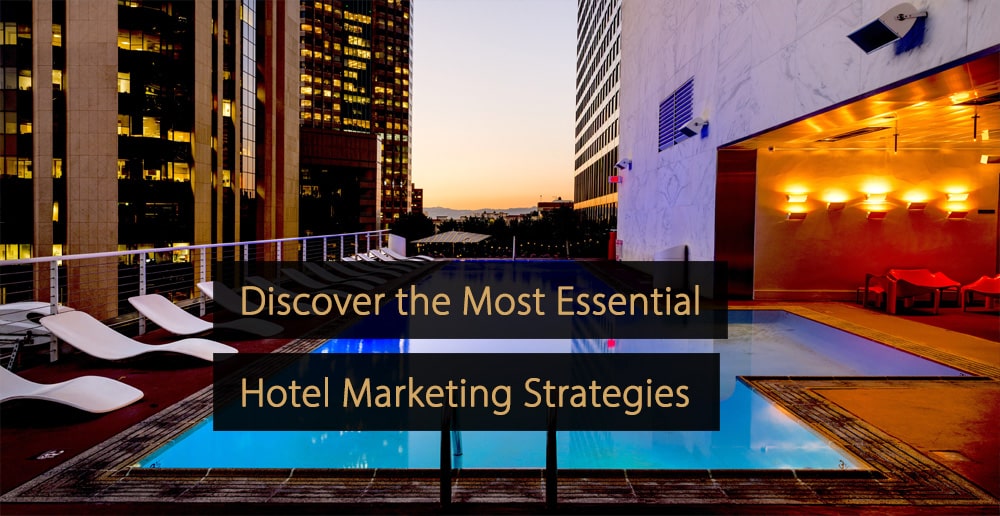
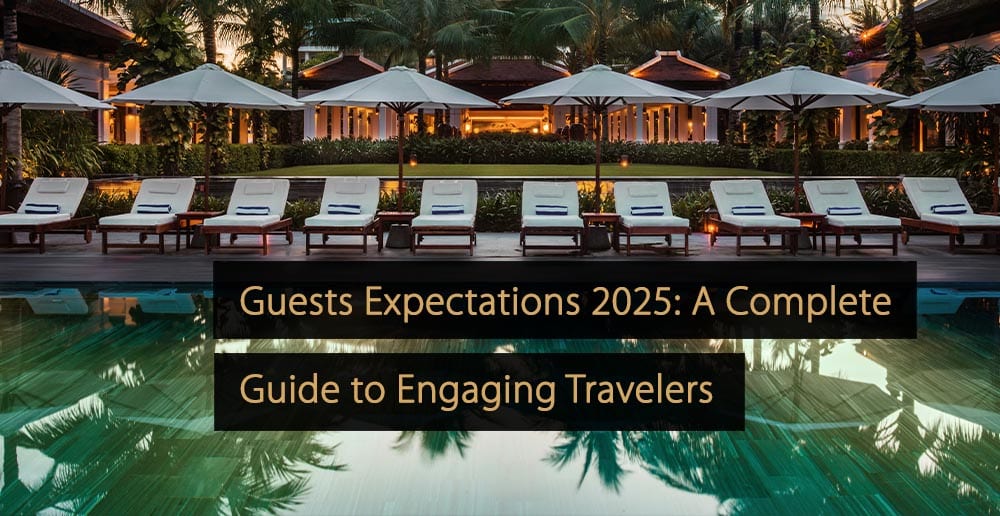
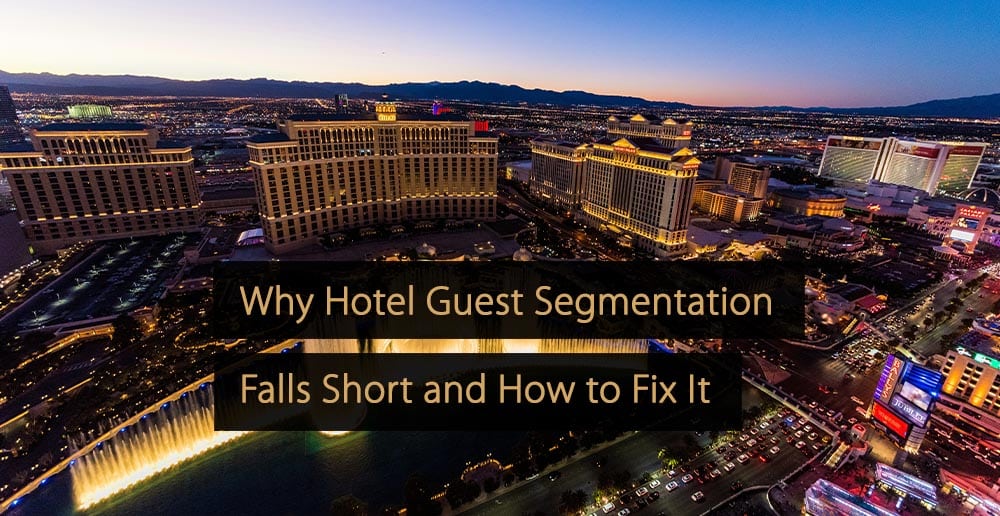
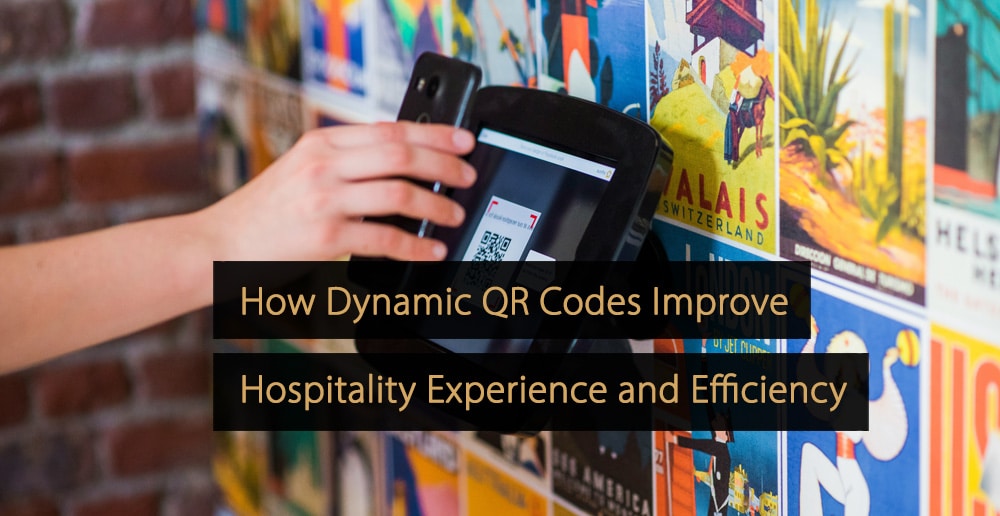
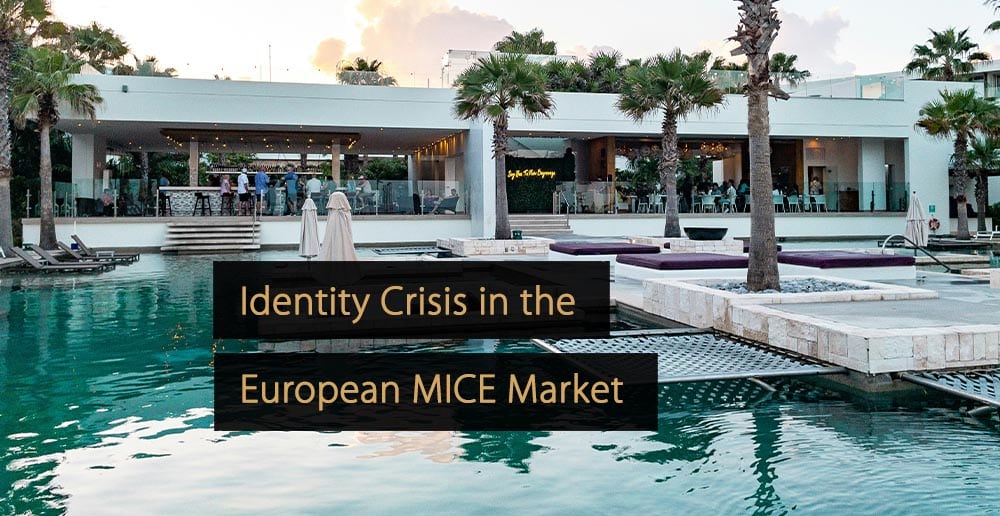
Leave A Comment